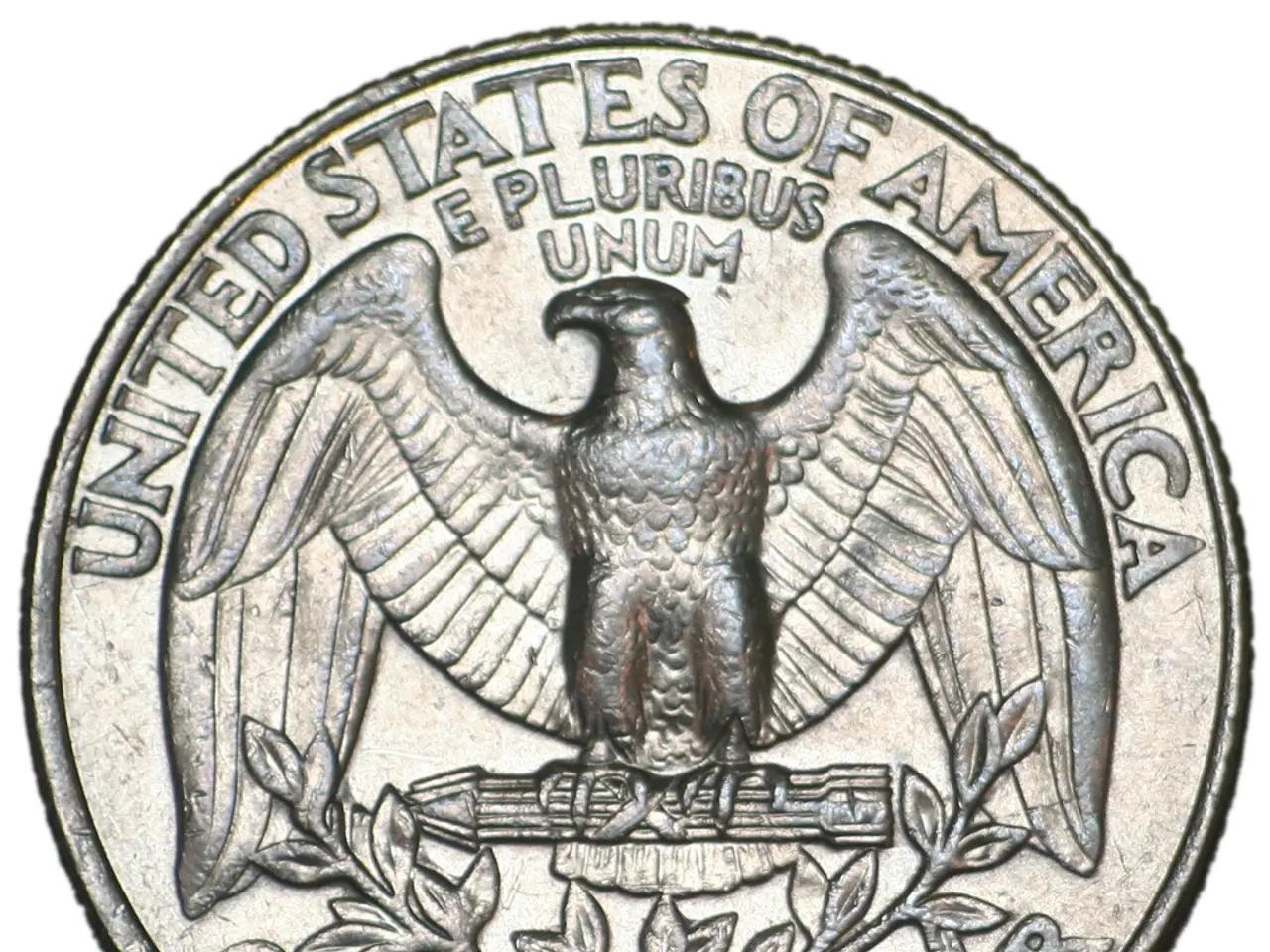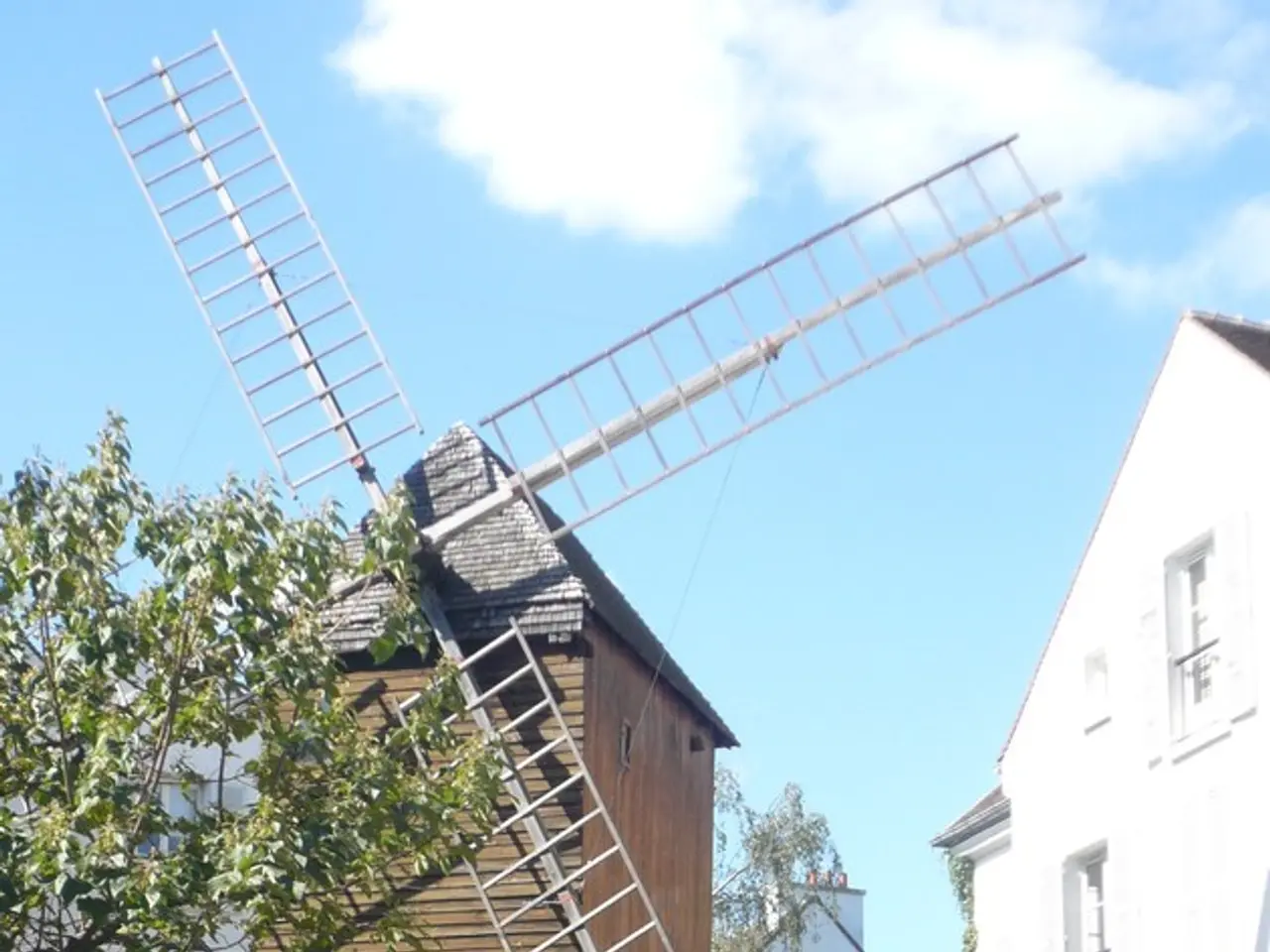Skechers footwear company will transition to private ownership, valued at approximately $9 billion.
Footwear Giant Skechers To Be Privatized Amid Tariff Turmoil
In a move to combat the repercussions of steep U.S. tariffs and unpredictable trade policies, Skechers announced on Monday it would be acquired by investment firm 3G Capital in a staggering $9.4 billion deal.
3G Capital has proposed a cash offer of $63 per Skechers share, representing a substantial 28% premium compared to the stock's closing price on Friday, according to Reuters' calculation. Excited by the news, Skechers' shares rocketed over 25% to $61.90 before the market opened.
Struggling with the fallout from the Trump administration's trade policies that have caused havoc globally and dented consumer confidence, Skechers withdrew its annual results forecast last month.
The President's escalation of import tariffs on Chinese goods to 145% has particularly hurt Skechers, as China is a significant supplier for the brand's U.S. business. Staggering tariffs on Chinese imports have forced the company to rethink its business strategies.
Enter 3G Capital, controlled by Brazilian billionaire financier Jorge Paulo Lemann, renowned for investments in the food and drinks sector, like Kraft Heinz. The acquisition, expected to close during the third quarter of 2025, will be funded by cash from 3G Capital and debt financing provided by JPMorgan Chase Bank.
The sale to 3G Capital appears strategic, offering more long-term protection from tariff volatility and allowing Skechers to bypass the scrutiny of quarterly tariff-related earnings fluctuations. The new ownership structure will also accelerate supply chain overhauls without pressure from public markets and enable the company to leverage 3G's operational expertise in cost optimization amid trade policy uncertainty.
It's worth noting that Skechers' large global footprint and diversified revenue streams have been applauded by analysts as beneficial in navigating tariffs compared to its competitors. However, the sale underscores the mounting pressure of balancing trade policy risks with investor expectations.
According to enrichment data, Skechers faces tremendous pressure from U.S. tariffs, particularly due to its manufacturing reliance on China and Vietnam, where tariffs on imported goods exceed 100% and 46% respectively. To tackle this, Skechers plans to implement cost-mitigation strategies like production diversification and avoid U.S. price hikes, leveraging its strong international revenue base. Furthermore, the company aims to minimize the amount of U.S.-bound products from high-cost locations to reduce tariff exposure.
- The acquisition of Skechers by 3G Capital, a finance-focused investment firm, in a $9.4 billion deal, is strategic to provide more protection from tariff volatility.
- Skechers, under the new ownership of 3G Capital, will be able to expedite supply chain overhauls without the pressure from public markets.
- The sale of Skechers to 3G Capital, a financing powerhouse known for investments in the food and drinks sector, will be primarily funded by cash from 3G Capital and debt financing provided by JPMorgan Chase Bank.
- In light of the escalating tariffs on Chinese goods, the agreement between Skechers and 3G Capital has been set to close during the third quarter of 2025.
- As noted, the sale to 3G Capital offers a chance for Skechers to better manage the challenges posed by steep U.S. tariffs on imported goods from countries like China and Vietnam.



